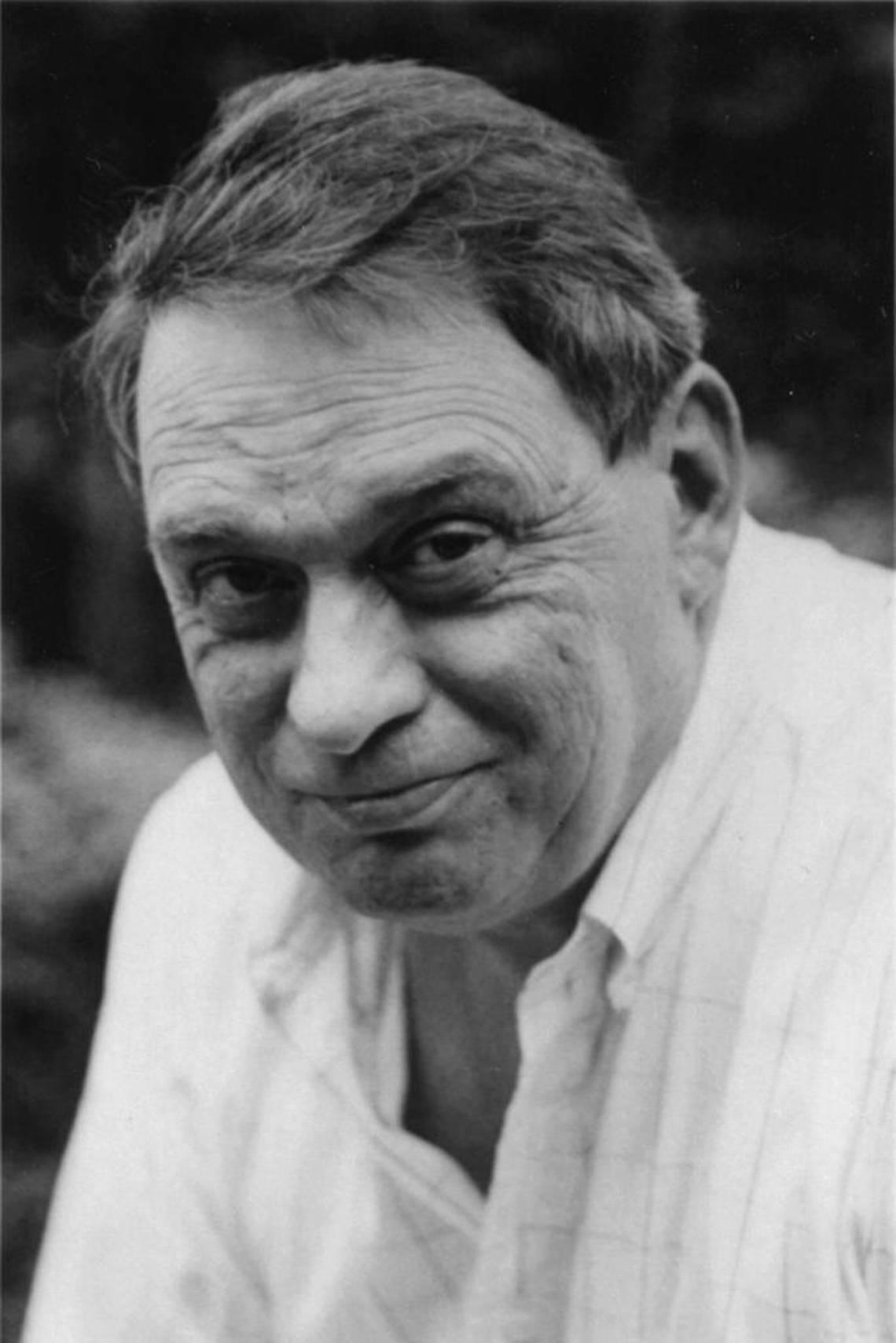Fred Chappell — North Carolina poet laureate, writer and beloved professor — dies at 87
Fred Chappell, the celebrated writer, professor and state poet laureate — who carried a deep pride as the champion for North Carolina literature yet joked that he wrote his first verses just to impress the girls — has died.
He was 87.
Chappell taught at UNC-Greensboro for 40 years, bringing national recognition to its master’s program in creative writing. He coached generations of aspiring writers who remembered his classes long beyond the edit marks on their work.
“In all these years, he has not only been doing his own critically important and exquisitely beautiful creative work, but he was also reading, and writing to, dozens if not hundreds of us, telling us that in this camp of storytellers, we all belong,” said Ruth Dickie, an alumnus and executive director of the National Book Foundation, in a quote recalled by UNCG. “Our stories don’t just matter, but are essential.”
While in Greensboro, Chappell wrote dozens of books and collections of poetry, including “Dagon,” a Southern-style thriller wrapped around the Cthulhu cosmic being created by H.P. Lovecraft.
‘Never been a society without poetry’
After his first novel, “It Is Time, Lord,” published, in 1963, the St. Louis Post-Dispatch offered this simple assessment: “This augurs well for the future.” He would go on to collect the O. Max Gardner Award from the UNC system, along with Yale University’s Bollingen Prize in Poetry and the T.S. Eliot Prize.
“It’s an inescapable part of our ordinary lives,” he said of poetry in a 1997 N&O interview. “There are societies without the concept of money, but there’s never been a society without poetry. We go to it the way moths go to light. There’s songs, there’s advertising jingles, there’s the Bible.”

Born in Canton, just west of Asheville, Chappell studied at Duke University, where he wrote his first novel. Critics in the early 1960s were quick to note his birthplace, connecting him to Thomas Wolfe and other voices of the South.
He gladly accepted the comparison but saw the praise reflected more on North Carolina than any individual, especially himself.
“North Carolina buys more poetry than any other Southern state,” he wrote for the N&O in 1997, “more, in fact, than any states except those with the largest metropolises, California, New York and Massachusetts. Of course, the number of poetry sales is minuscule compared to the sales of how-to-books, scandal biographies and best-seller fiction. ... I should not like for North Carolina to lose its pre-eminence as poetry consumer; that seems an honorable distinction for a state to claim.”
Following in Sir Walter Raleigh’s footsteps
And when Gov. Jim Hunt selected him as the state’s fourth poet laureate in that same year, he echoed the same Tar Heel literary pride.
“Writing is a lonely vocation,” he told The N&O, “but just now I feel part of a large but closely knit family, whose roots reach back to our earliest beginning. Our common ancestor is Sir Walter Raleigh, the poet who founded our state.”
Long past his tenure as laureate, Chappell’s verse literally loomed over Raleigh, part of the 30-by-90-foot mural wall on the side of the N.C. Department of Public Instruction. In the center of the wall, an excerpt from Chappell’s work reads, “You are a child, you are suitable to be awed.”
This prominent downtown Raleigh quote irked parenting columnist John Rosemond, who mistook the word “awed” for “awesome.” Rosemond publicly accused Chappell of celebrating children in a mollycoddling way, calling the passage “unmitigated drivel.”
In response, Chappell asked, “Is he literate?”
Funeral arrangements for Chappell have not been announced.
UNCG reports the family requests that any donations go to the university’s Fred Chappell Creative Writing Fellowship Endowment Fund to support future students.
